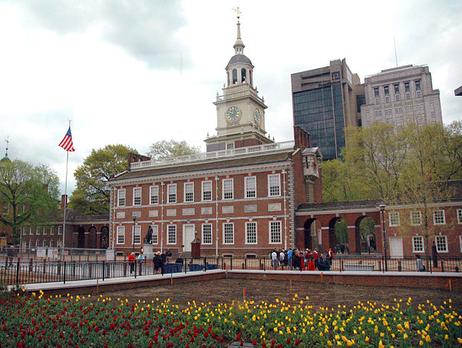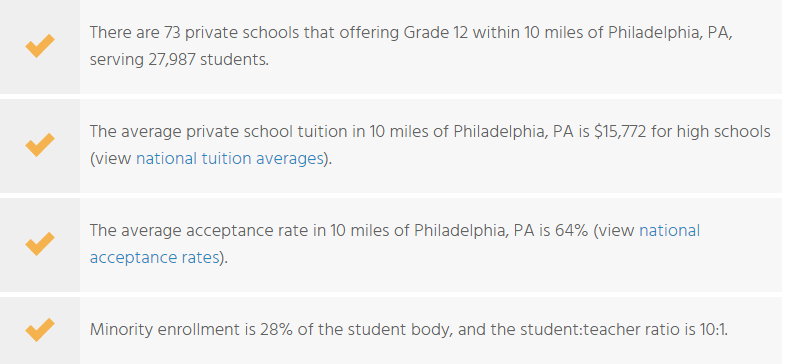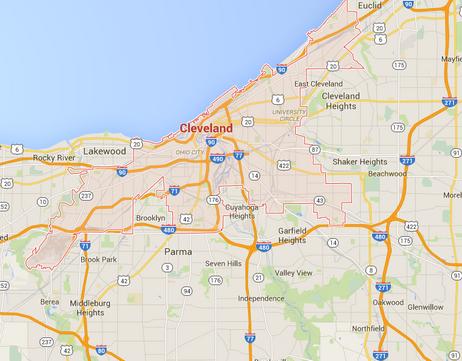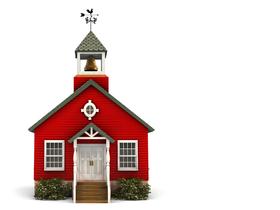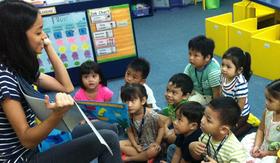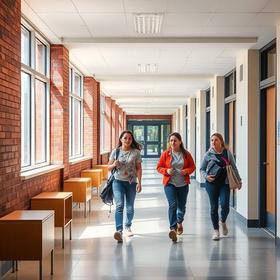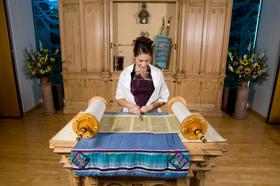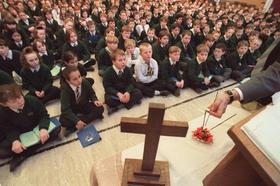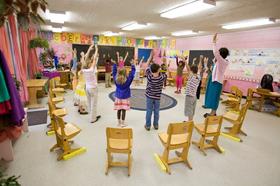5 Facts about Montessori, Waldorf & Reggio Emilia Schools
Montessori, Waldorf, and Reggio Emilia -inspired schools are three highly-regarded early education methods. Here are five facts about each method together with links and videos to additional materials which I have selected to enhance your research. Choosing the right school for your child is a process. Follow all the steps in that process and you will be rewarded with a good result. Cutting corners or waiting until the last minute will stress you out and not produce the intended results.
Five Facts about Montessorit sp
Montessori is the name of a very popular approach for teaching preschool and primary age children. We'll explore the reasons for its popularity later. First, let's examine how Montessori got its start. As with many great movements, Montessori began with an idea and some theories put forth by one of those remarkable visionaries who dot the pages of history.
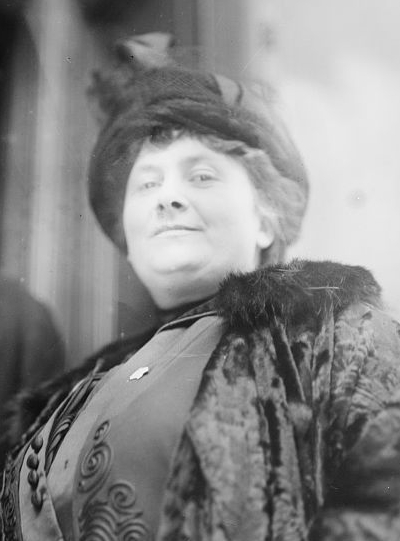 Dr. Maria Montessori (1870-1952) was born and raised in Italy. She came from a family of modest means. Her father did not approve of his daughter's desire to be educated much less to become a doctor. Women didn't do such things back at the end of the 19th century. Despite the many obstacles which stood in her way Maria earned her degree from the University of Rome in 1896. Her specialty was pediatric medicine.
Dr. Maria Montessori (1870-1952) was born and raised in Italy. She came from a family of modest means. Her father did not approve of his daughter's desire to be educated much less to become a doctor. Women didn't do such things back at the end of the 19th century. Despite the many obstacles which stood in her way Maria earned her degree from the University of Rome in 1896. Her specialty was pediatric medicine.
While Dr. Montessori was working towards her degree,

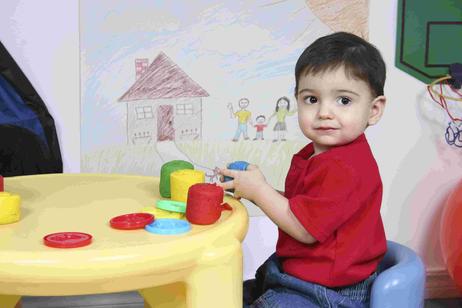


.jpg)
